What Scientists Need to Know About FAIR Data
Following these guiding principles for sharing data can help researchers get ahead.
Send us a link
Following these guiding principles for sharing data can help researchers get ahead.
Current efforts to make research more accessible and transparent can reinforce inequality within STEM professions.
PLOS welcomes Plan S as a 'decisive step towards the realisation of full open access'1, in particular the push it provides towards realization of a research process based on the principles of open science.
EUA is organising a series of workshops raising awareness and fostering discussion on research assessment reform. The 2019 edition will focus on research evaluation for the purpose of recruitment and career progression of researchers.
Take our training materials, build on our training format and organize your train-the-trainer event!
The first call for proposal for the EPFL Open Science Fund attracted nearly 50 propositions. Nine projects were selected and will receive support to develop ideas fostering open and reproducible research on campus, and beyond.
Image: UN Sustainable Development Goals https://www.un.org/sustainabledevelopment/sustainable-development-goals/ The world of research is not working as well as it could be. On all sides we see issues with reproducibility, questionable research practices, barriers and walls, wasteful research, and flawed incentive and reward systems. If we want research to be more effective in helping to solve the problems …
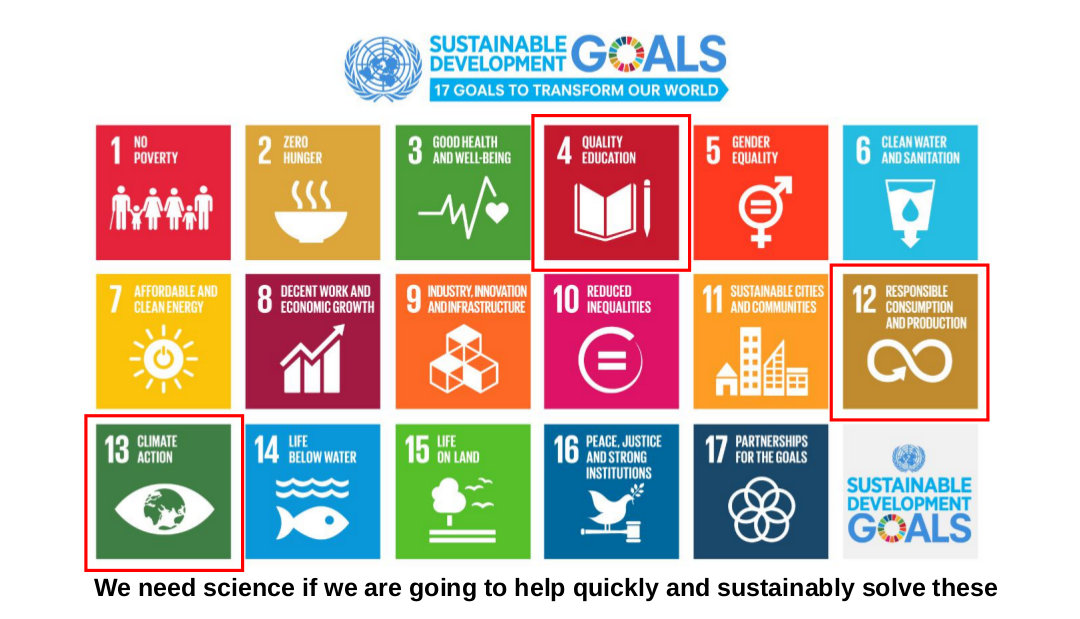
The European Open Science Cloud is a giant effort to provide a single point of access to all scientific data. But getting all the infrastructures to integrate and engendering a culture of sharing is a daunting task, say those involved in its creation.
The VSNU endorses the objectives of and has been actively involved in the developments on Open Science as stated in the National Plan Open Science (NPOS). Open Science aims to bring about a fundamental improvement of science by making the scientific process transparent and ensuring that research output is widely available.
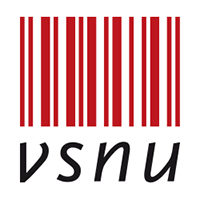
Proponents of Open Science criticise the fact that Elsevier, one of the chief opponents to the progress of Open Science, will be helping to monitor the future of Open Science in Europe.

Completed revised second draft of a document that aims to agree on a broad, international strategy for the implementation of open scholarship that meets the needs of different national and regional communities but works globally.
Robert Kiley, Head of Open Research, Wellcome and Michael Markie, Publishing Director, F1000 highlight Wellcome Open Research's achievements after two years of publishing.

Wikipedia should be embraced by universities as an open-access source of information that can be the starting point for deeper research and learning, says John Lubbock.

Though the popularity and practical benefits of preprints are driving policy changes at journals and funding organizations, there is little bibliometric data available to measure trends in their usage. This study collected and analyzed data on all preprints that were uploaded to bioRxiv.org in the past five years.
We are proud to announce the release of enhancements which significantly facilitate scientific software citation and discovery.
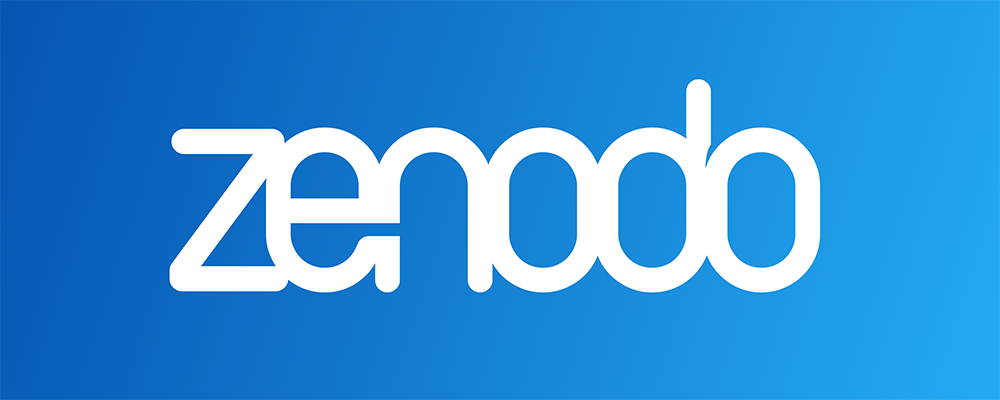
Scientific publishers charge so much that even Harvard can't afford it anymore. A new publishing infrastructure could help.

Despite the expansion of global Internet coverage and open access journals, research from outside of the United States and Europe is underrepresented. Open science could improve access and representation.
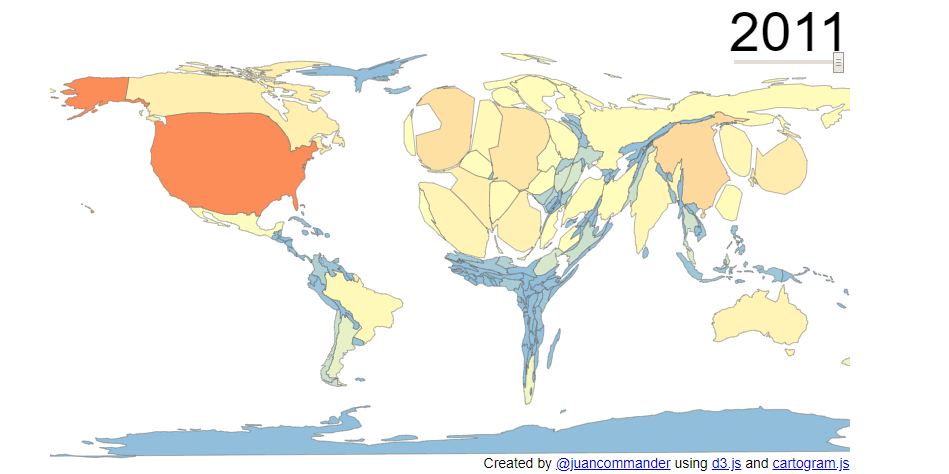
The FAIR principles were published in 2016 in a Scientific Data article titled 'FAIR Guiding Principles for scientific data management and stewardship'. These were developed to aid in the discovery and reuse of research data.FAIR stands for Findable, Accessible, Interoperable, and Reusable. Data that meet these principles are more optimal for reuse and discoverability and in turn increase your research's exposure.Here's how your data is more FAIR when it's on Figshare.Illustration by Jason McDermott of RedPenBlackPen.

M4K Pharma was incorporated to launch an open science drug discovery program that relies on regulatory exclusivity as its primary intellectual property and commercial asset, in lieu of patents. In many cases and in key markets, using regulatory exclusivity can provide equivalent commercial protection to patents, while also being compatible with open science. The model is proving attractive to government, foundation and individual funders, who collectively have different expectations for returns on investment compared with biotech, pharmaceutical companies, or venture capital investors.In the absence of these investor-driven requirements for returns, it should be possible to commercialize therapeutics at affordable prices. M4K is piloting this open science business model in a rare paediatric brain tumour, but there is no reason it should not be more widely applicable.
The reality and potential of the modern storm of digital data together with pervasive communication have profound implications for society, the economy and for science. No state should fail to adapt its national intellectual infrastructure to exploit the bene ts and minimise the risks this technology creates. Open Science is a vital enabler: in maintaining the rigour and reliability of science; in creatively integrating diverse data resources to address complex modern challenges; in open innovation and in engaging with other societal actors as knowledge partners in tackling shared problems. It is fundamental to realisation of the SDGs.
The challenge for Africa. National science systems worldwide are struggling to adapt to this new paradigm. The alternatives are to do so or risk stagnating in a scientific backwater, isolated from creative streams of social, cultural and economic opportunity. Africa should adapt, but in its own way, and as a leader not a follower, with its own broader, more societally-engaged priorities. It should seize the challenge with boldness and resolution by creating an African Open Science Platform, with the potential to be a powerful lever of social, cultural and scientific vitality and of economic development.
The "commons of the mind" must be preserved, says James Boyle, a founding board director of Creative Commons, on the 50th anniversary of "The tragedy of the commons"
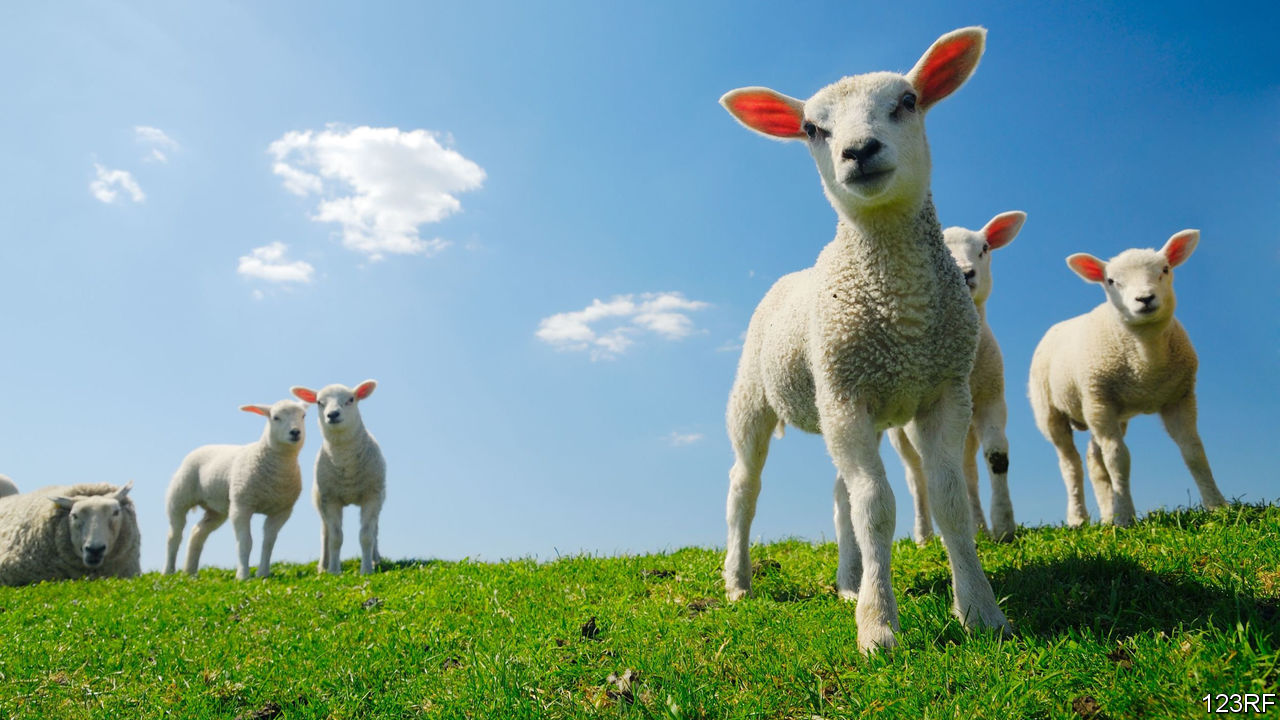
In the 21st Century, research is increasingly data- and computation-driven. Researchers, funders, and the larger community today emphasize the traits of openness and reproducibility. In March 2017, 13 mostly early-career research leaders who are building their careers around these traits came together with ten university leaders (presidents, vice presidents, and vice provosts), representatives from four funding agencies, and eleven organizers and other stakeholders in an NIH- and NSF-funded one-day, invitation-only workshop titled “Imagining Tomorrow’s University.” Workshop attendees were charged with launching a new dialog around open research – the current status, opportunities for advancement, and challenges that limit sharing.
The workshop examined how the internet-enabled research world has changed, and how universities need to change to adapt commensurately, aiming to understand how universities can and should make themselves competitive and attract the best students, staff, and faculty in this new world. During the workshop, the participants re-imagined scholarship, education, and institutions for an open, networked era, to uncover new opportunities for universities to create value and serve society. They expressed the results of these deliberations as a set of 22 principles of tomorrow's university across six areas: credit and attribution, communities, outreach and engagement, education, preservation and reproducibility, and technologies.
Psychology’s replication crisis has changed the field. Today, authors are voluntarily posting their data, replication attempts are published in top journals, and researchers are increasing their sample sizes and committing to data collection and analysis plans in advance.
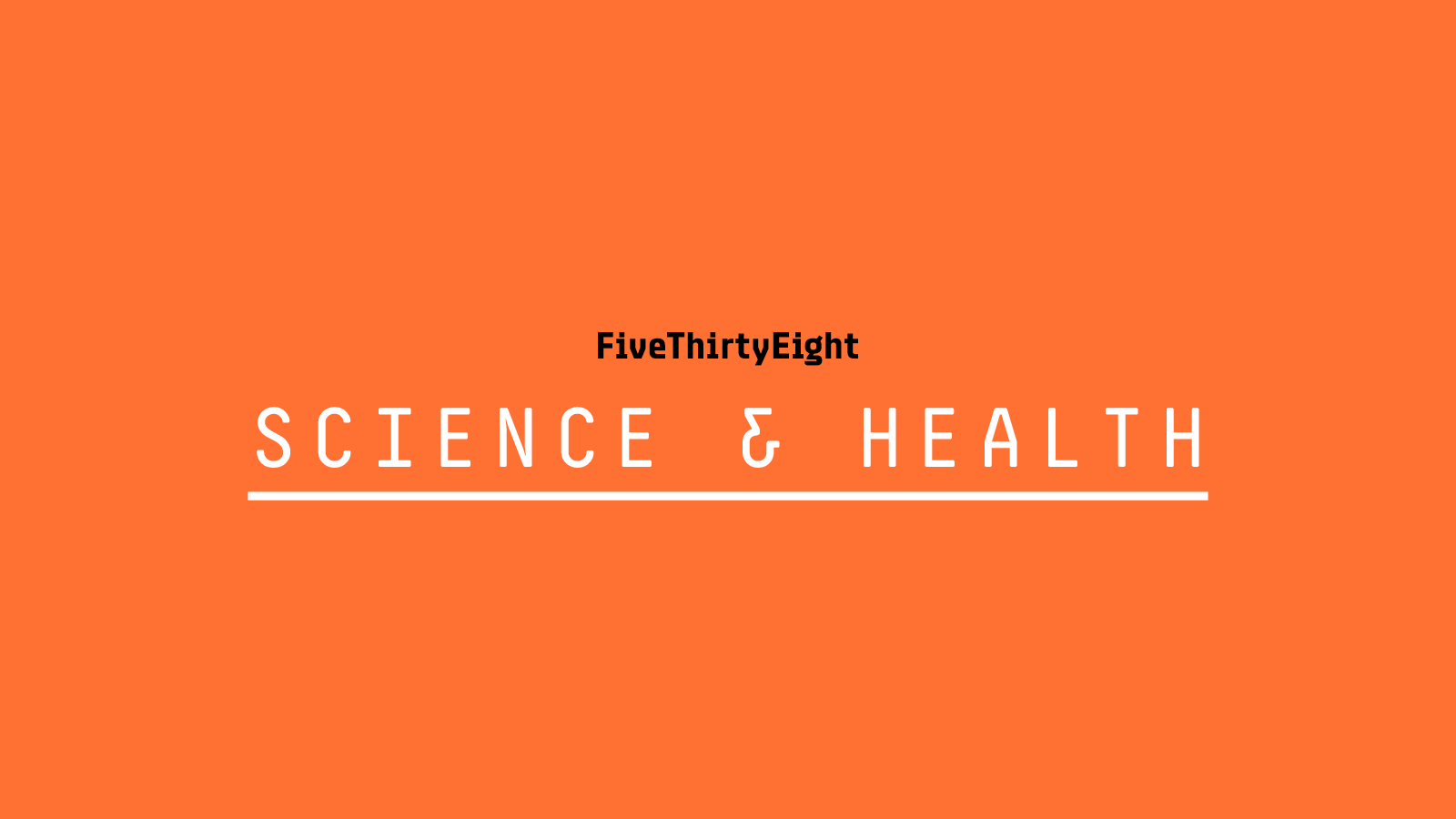
We want the research we fund - like publications, data, software and materials - to be open and accessible, so it can have the greatest possible impact.
FOSTER Plus developed a set of ten free online courses covering key topics of Open Science. Each course takes about one hour to complete.
OpenUP Hub is an open, dynamic and collaborative knowledge environment that systematically captures, organizes and categorizes research outcomes, best practices, tools and guidelines. Explore the given material about opening up the review-dissemination-assessment phases of the research lifecycle and practices to support the transition to a more open and gender sensitive research environment.
Within the project "Reference implementation for Open Scientometric Indicators" (ROSI), new assessments and visualizations of conventional and alternative metrics (altmetrics) will be developed and their effect on researchers will be investigated. For this purpose, a reference implementation based on the open source research information system VIVO will be developed in which various metrics are combined with data from different openly licensed sources. In order to develop the requirements of the target groups, surveys are going to be conducted to investigate the effect of scientometric indicators on scientist's and their expectations regarding those indicators. The objectives of the project are firstly to evaluate the scientometric needs and concerns of the target groups, and secondly to implement a usable reference implementation of a toolset that reflects the results of the study and that enables transparent, license-free, flexibly adaptable analysis of the output of researchers, contributors and organisations.